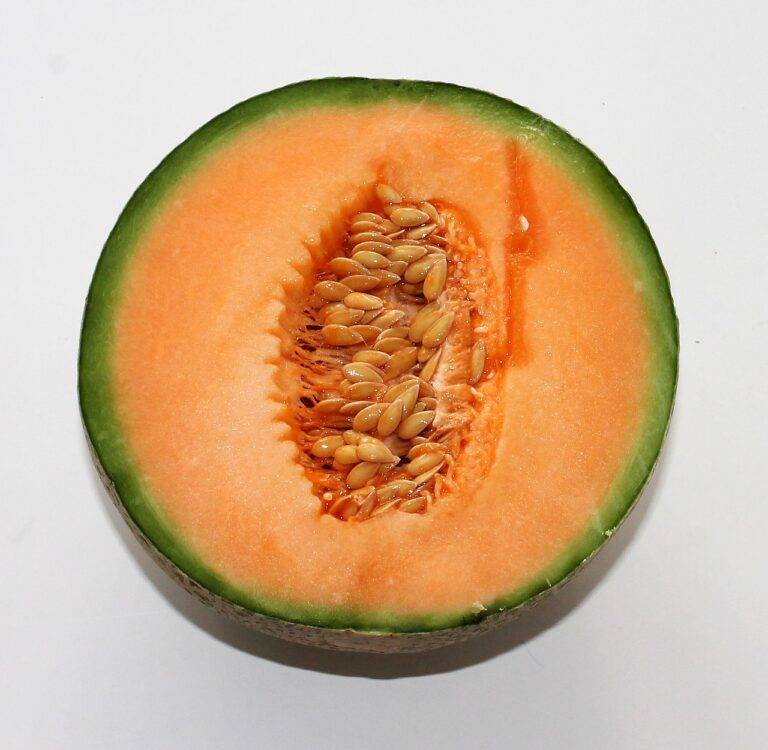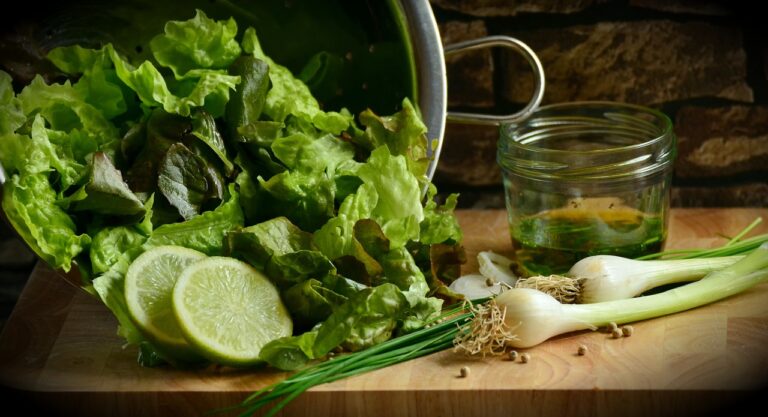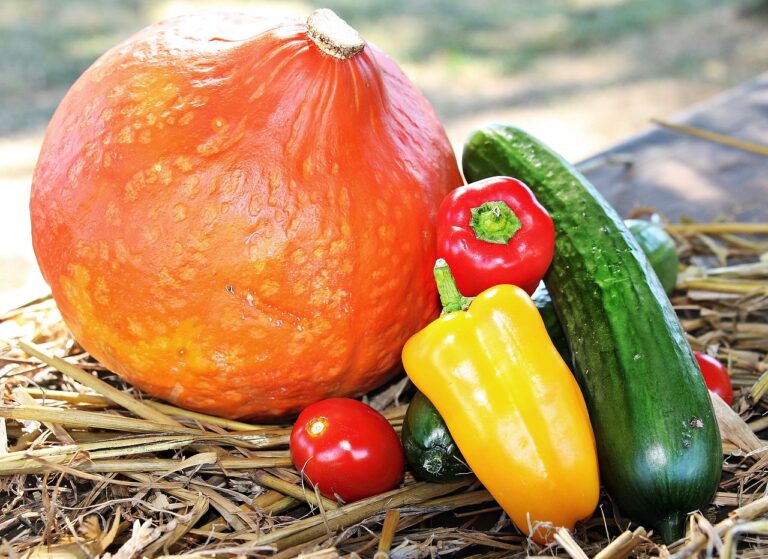How to Develop Sauces for the Intermittent Fasting Diet
11xplay reddy login registration, gold365 login, Skyfairs New ID:Intermittent fasting has gained popularity in recent years as a way to improve health, lose weight, and boost energy levels. This eating pattern involves cycling between periods of fasting and eating, with many people following a specific schedule such as the 16/8 method (fasting for 16 hours and eating within an 8-hour window) or the 5:2 method (eating normally for 5 days and restricting calories for 2 days).
One of the challenges of following an intermittent fasting diet is finding flavorful, satisfying meals to enjoy during your eating window. Sauces can be a great way to add flavor and variety to your meals without adding a significant number of calories. In this article, we’ll explore how to develop sauces that are suitable for the intermittent fasting diet.
1. Start with a flavorful base
When developing sauces for the intermittent fasting diet, it’s important to start with a flavorful base. This could be a combination of herbs and spices, aromatics like garlic and onions, or a homemade broth. By starting with a flavorful base, you can create a sauce that is rich and satisfying without relying on excess salt, sugar, or fat.
2. Use healthy fats
While intermittent fasting does not restrict the types of foods you can eat, it’s always a good idea to focus on nourishing your body with healthy, whole foods. When developing sauces, consider using healthy fats like olive oil, avocado oil, or coconut oil instead of processed fats like vegetable oils or margarine. These healthy fats can add richness and flavor to your sauces without compromising your health goals.
3. Experiment with different textures
Sauces come in a variety of textures, from smooth and creamy to chunky and spicy. When developing sauces for the intermittent fasting diet, don’t be afraid to experiment with different textures and consistencies. You could try blending roasted vegetables for a smooth and velvety sauce, or adding chopped nuts for a crunchy and satisfying texture.
4. Focus on nutrient-dense ingredients
To get the most out of your sauces while following an intermittent fasting diet, focus on using nutrient-dense ingredients. This could include fresh herbs, leafy greens, colorful vegetables, and lean proteins like tofu or chicken. By incorporating these nutrient-dense ingredients into your sauces, you can create meals that are not only delicious but also packed with essential vitamins and minerals.
5. Keep an eye on portion sizes
While sauces can add flavor and excitement to your meals, it’s important to keep an eye on portion sizes when following an intermittent fasting diet. Many sauces can be high in calories, especially if they contain a lot of fats or sugars. To avoid overeating, try measuring out your sauce portions before adding them to your meals, or opt for lighter alternatives like vinaigrettes or herb-infused oils.
6. Get creative with flavor combinations
One of the best things about developing sauces for the intermittent fasting diet is the opportunity to get creative with flavor combinations. Don’t be afraid to experiment with different herbs, spices, and ingredients to create unique and exciting sauces. You could try mixing sweet and savory flavors, combining different cuisines, or adding a touch of heat with hot peppers or chili powder.
FAQs
Q: Can I use store-bought sauces while following an intermittent fasting diet?
A: While store-bought sauces can be convenient, they often contain added sugars, preservatives, and artificial ingredients that may not align with your health goals while following an intermittent fasting diet. It’s best to make your own sauces using fresh, whole ingredients whenever possible.
Q: How can I store homemade sauces?
A: Homemade sauces can typically be stored in the refrigerator for up to a week, or in the freezer for longer-term storage. Be sure to use airtight containers to prevent spoilage and maintain freshness. Consider portioning sauces into smaller containers for easy reheating and serving.
Q: Are there any sauces that are particularly well-suited for the intermittent fasting diet?
A: While there are no specific sauces that are ideal for the intermittent fasting diet, you may want to focus on sauces that are low in added sugars, fats, and sodium. Opt for homemade sauces made with fresh ingredients, or look for recipes that use whole foods and minimal processing.
In conclusion, developing sauces for the intermittent fasting diet can be a fun and rewarding way to enhance your meals while staying on track with your health goals. By starting with a flavorful base, using healthy fats, experimenting with different textures, focusing on nutrient-dense ingredients, keeping an eye on portion sizes, and getting creative with flavor combinations, you can create delicious and satisfying sauces that complement your intermittent fasting lifestyle.







